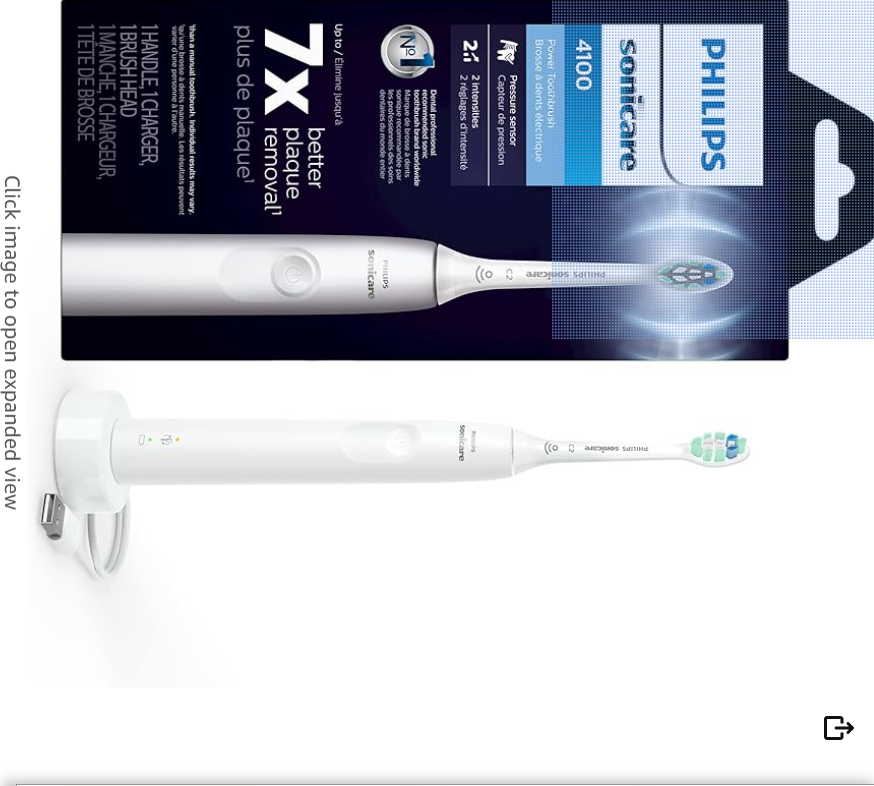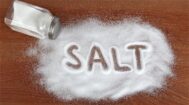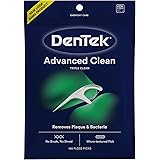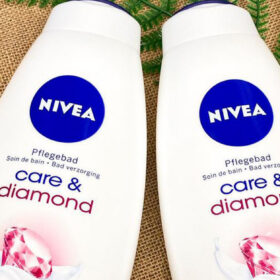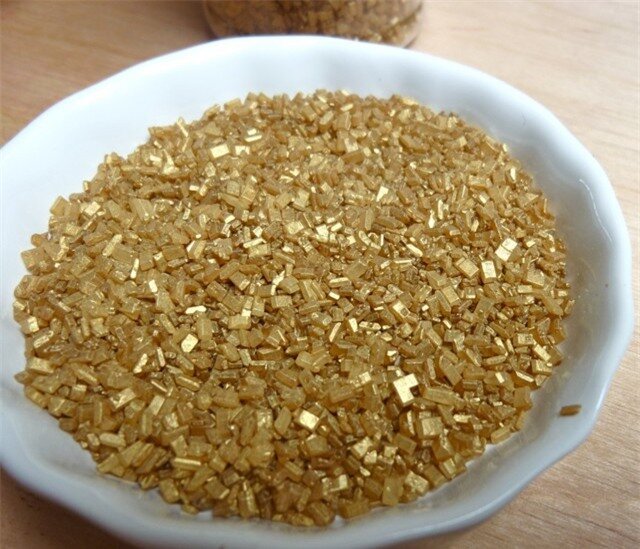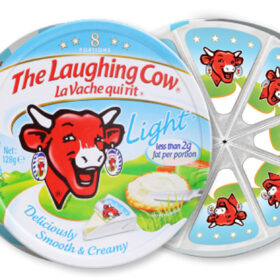Skip to main content in article(see)
According to recent research, people who eat a diet with just enough salt will have a healthier heart and live longer than those who eat too little salt.
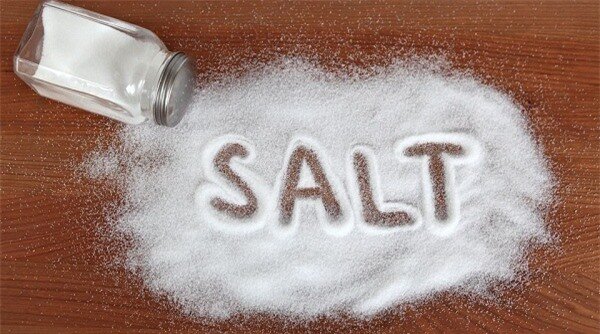
Oral-B Glide Complete with Scope Outlast Mint Flavor Floss Picks 75 Count
$3.96 (as of September 18, 2024 17:01 GMT +00:00 - More infoProduct prices and availability are accurate as of the date/time indicated and are subject to change. Any price and availability information displayed on [relevant Amazon Site(s), as applicable] at the time of purchase will apply to the purchase of this product.)
Schick Hydro Silk Touch-Up Dermaplaning Tool with Precision Cover, 3ct | Dermaplane Razor, Face Razors for Women, Eyebrow Razor, Facial Razor, Dermaplaning Razor, Womens Face Razor Peach Fuzz Remover
$5.39 (as of September 18, 2024 17:01 GMT +00:00 - More infoProduct prices and availability are accurate as of the date/time indicated and are subject to change. Any price and availability information displayed on [relevant Amazon Site(s), as applicable] at the time of purchase will apply to the purchase of this product.)
After following thousands of people for nearly four years, scientists found that people who ate about 3-6 grams of salt per day were less likely to experience cardiovascular problems such as heart attack, stroke or heart failure than those who ate too little or too much salt.
“Our research looked at optimal sodium levels for humans on a global scale, and we found that moderate salt intake is the way to go for good health.” – said the head of the research team, Professor Andrew Mente of McMaster University in Ontario, Canada.
According to this study, the average adult in the United States currently consumes about 3.4 grams of salt per day. However, the current dietary guidelines from the US government recommend that people reduce their daily salt intake as much as possible. Accordingly, people aged 14 to 50 should limit their salt intake to about 2.3 grams per day, and people aged 51 and older, as well as those at high risk of heart disease (those with high blood pressure, diabetes or kidney disease) should reduce their salt intake to 1.5 grams per day.
“Research has shown that current dietary guidelines need to be adjusted” “This study is important because it was conducted on a large scale and looked at the long-term effects of salt on human health. Its results showed that very few Americans — just 4 percent of the participants — currently consume salt within the limits of government dietary guidelines.
Rethinking the role of salt
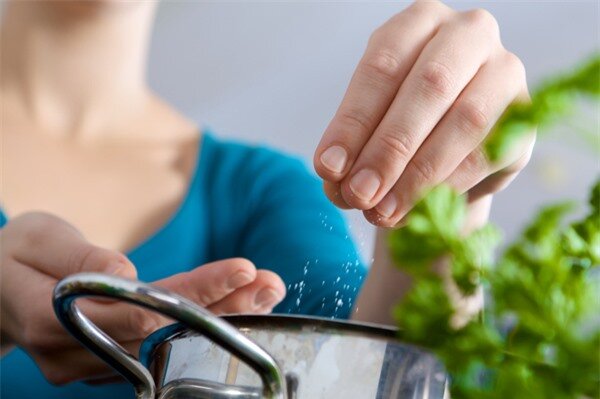
DenTek Triple Clean Advanced Clean Floss Picks, No Break & No Shred Floss, 150 Count, (Packaging May Vary)
$3.69 (as of September 18, 2024 17:01 GMT +00:00 - More infoProduct prices and availability are accurate as of the date/time indicated and are subject to change. Any price and availability information displayed on [relevant Amazon Site(s), as applicable] at the time of purchase will apply to the purchase of this product.)
Dr Teal's Epsom Salt Soaking Solution, Soothe & Sleep, Lavender, 3lbs (Packaging May Vary)
$4.91 (as of September 18, 2024 17:01 GMT +00:00 - More infoProduct prices and availability are accurate as of the date/time indicated and are subject to change. Any price and availability information displayed on [relevant Amazon Site(s), as applicable] at the time of purchase will apply to the purchase of this product.)
To reach the results, the research team assessed the health of nearly 102,000 people aged 35 to 70 in 17 different countries, from developed to low-income countries. Most of the participants had no history of heart disease, so the results are representative of the majority of the world’s population, not just those at high risk of cardiovascular disease. The report on this issue was published on the website The New England Journal of Medicine on August 14th.
Each volunteer provided a urine sample each morning so that researchers could calculate each person’s 24-hour sodium and potassium excretion, a reliable proxy for calculating each person’s intake of the two substances.
The results suggest that although people who consume too much salt are at greater risk of disease, there is also evidence that consuming too little salt can also lead to health problems. Several other recent studies have also linked low-salt diets to an increased risk of cardiovascular disease, so further research is needed to explain why the increase in health problems has been accompanied by a decrease in salt intake.
The data also showed that people who ate more than 1.5 grams of potassium a day were less likely to have heart problems than those who ate less. Potassium can help reduce the effects of sodium on blood pressure, Mente said, and he thinks that eating more potassium could also be part of a healthy diet, since fruit and vegetables are rich in it.
As for the practical implications of this study, Professor Mente said that if you are eating too much sodium (more than 6g/day) or have high blood pressure, it is best to reduce the amount of salt in your food and limit the use of processed foods such as bacon, sausages and canned foods. But people who consume a moderate amount of salt (about 3-6g/day) probably do not need to cut back on salt in their meals, because doing so can even increase the risk of heart disease.
A large clinical trial is needed to accurately compare the health of people who eat less salt with those who eat moderately. But while we wait for the results, “To have a healthy heart and live long, instead of just focusing on nutrition, such as limiting salt intake, we should exercise diligently, eat a balanced diet and not smoke.” – said Professor Mente.
According to Vnreview/Business Insider






